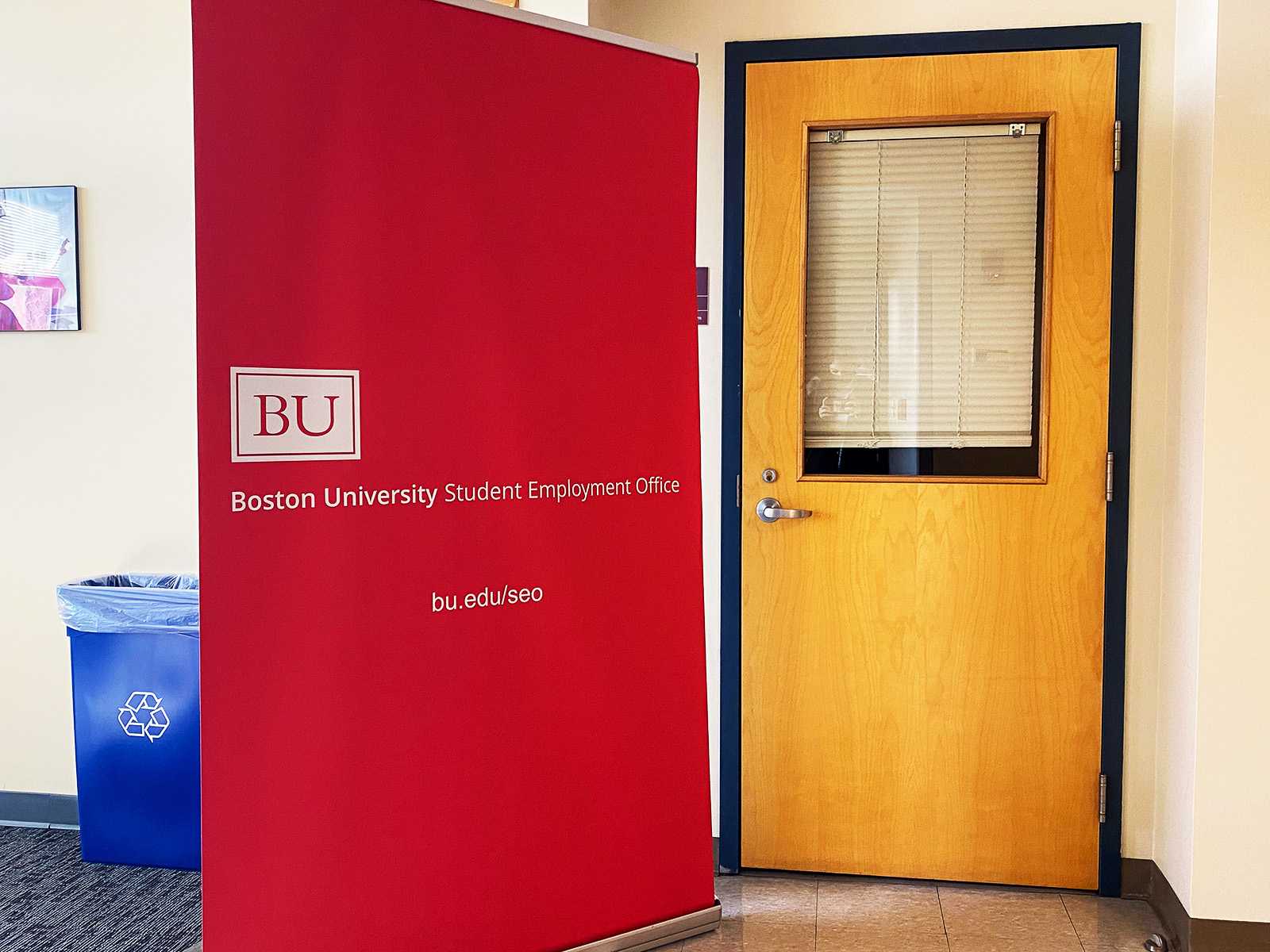The Chinese government retaliated Tuesday after search giant Google made the decision to stop censoring search results in China by redirecting users to an uncensored version of their website based in Hong Kong.
Within hours of the decision, government firewalls began blocking certain controversial content, including searches related to China’s 1989 Tiananmen Square Massacre, replacing the resulting links with blank screens or error messages.
The move came after weeks of tense relations between Google and China after Google announced that it had been the victim of a cyber attack it believed was carried out by hackers working on behalf of the Chinese government.
Additionally, two state-owned mobile phone companies are reportedly considering deal cancellations with Google under government pressure.
Chinese students at Boston University reacted to the spat between Google and China with a mixture of approval for Google’s decision and understanding of the Chinese government’s position.
BU Chinese Students Association President J.R. Wu Chang, a native of Hong Kong, said Google certainly has the right to stop censoring content if it believes that is the right thing to do. However, he said he believes the decision was a poor one from a business point of view.
“I think it wasn’t the smartest decision they could have made,” he said. “China has its own search engine called Baidu, and people are just going to start using that more often. It’s just not good business, especially considering China is one of the strongest growing economies in the world.”
Wu Chang also said he believes the situation could have negative effects on U.S.-China relations.
“I think it probably created more tension than there already is just because the relations [between the two countries] haven’t been great as it is,” he said. “It just puts a strain on U.S. companies trying to do business in China. You have to understand that everyone’s out there to make money, so I don’t know why you would do something so insulting to the place where the money is.”
Tina Yip, a School of Management sophomore and the public relations representative for the Hong Kong Student Association, agreed with Wu Chang, saying Google had the potential to lose a huge amount of revenue along with its Chinese users.
Google’s current annual revenue in China amounts, in fact, to only about $300 million to $600 million of its estimated $24 billion in worldwide revenue, Reuters reported Tuesday.
CSA Secretary Christian Tan said although he thinks Google should do what they believe is right, it is wrong to pass judgment on the decisions of the Chinese government.
“The Chinese government is doing what they think is right,” he said. “China has its own laws and I don’t think its right or wrong to judge them. If you are there, you have to live by the government’s rules.”
Wu Chang said the government has the right to block content if they so choose, even though he personally disagrees with censorship.
“It is not right, but they are free to censor whatever they want because they are the government,” he said. “I don’t agree with everything the government does, but they can do it.”
Yip, also from Hong Kong, said China’s censorship is wrong.
“Some people say Hong Kong is like China but with freedom,” she said. “The Internet is a medium based on freedom of speech. By blocking the Hong Kong website and not allowing Chinese users to access certain websites, the government is going against that. I just don’t agree with that.”

























































































































